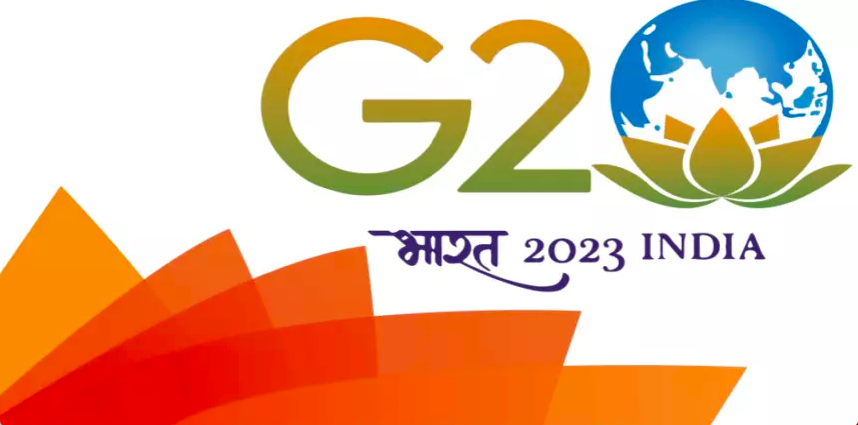Shaping a Global Agenda: The G20 Summit in New Delhi
New Delhi is poised to host the G20 Summit this weekend, marking a momentous occasion as the world’s most influential leaders gather to address pressing global issues. The Group of Twenty, commonly known as the G20, is a prominent international forum that brings together governments and central bank governors from 20 member nations. Established in 1999, the G20’s primary objective is to facilitate discussions on policies related to international financial stability. However, it has evolved to become a crucial platform for tackling a wide array of global challenges, encompassing issues such as counterterrorism, combating human trafficking, addressing climate change, and promoting sustainable development. With its member nations collectively representing a significant portion of the world’s economic power, the G20 wields substantial influence on the global stage.
India’s G20 Presidency: Paving the Way for Human-Centric Development:
The excitement surrounding India’s G20 presidency reflects a broader commitment to shaping a more inclusive and equitable global agenda. Under the leadership of Prime Minister Narendra Modi, the 18th G20 Summit is expected to prioritize key areas of concern. These include economic recovery and revitalization strategies, particularly aimed at the most vulnerable populations in the aftermath of the COVID-19 pandemic.
India’s focus also extends to sustainable development, strongly emphasising addressing critical issues such as poverty alleviation, gender equality, and improved access to education and healthcare. Furthermore, the summit’s agenda places climate change mitigation and adaptation at the forefront, aligning with global goals to combat the climate crisis. Additionally, discussions will revolve around strengthening global health infrastructure and pandemic preparedness to prevent future health crises. In our increasingly digital world, the G20 will explore the harnessing of technology for societal betterment, ensuring digital inclusion for all.
Diverse Participation and Notable Absences:
The G20 Summit boasts a comprehensive roster of participants, with notable leaders from across the globe attending. US President Joe Biden, UK Prime Minister Rishi Sunak, and Japan’s Prime Minister Fumio Kishida, who currently chairs the G7, are among those confirmed. Canada’s Prime Minister Justin Trudeau, French President Emmanuel Macron, and Australia’s Prime Minister Anthony Albanese will also actively engage in discussions. Germany’s Chancellor Olaf Scholz and South Korea’s President Yoon Suk Yeol are set to attend, addressing various global challenges, including geopolitical tensions and economic recovery. South Africa’s President Cyril Ramaphosa and Turkey’s President Recep Tayyip Erdogan will also be present.
However, the summit will see some notable absences, including Chinese President Xi Jinping, marking the first time a Chinese president has missed a G20 leaders’ summit since its inception in 2008. Russia’s President Vladimir Putin’s absence is linked to an ICC arrest warrant for alleged war crimes in Ukraine, with Foreign Minister Sergei Lavrov representing Russia. Spain’s President Pedro Sanchez, who tested positive for COVID-19, and Mexico’s President Andres Manuel Lopez Obrador will not attend the event.
Inclusivity Beyond the G20:
India has extended invitations to leaders from non-G20 countries, enhancing the summit’s global reach. These invitations include leaders from Bangladesh, The Netherlands, Nigeria, Egypt, Mauritius, Oman, Singapore, Spain, and the United Arab Emirates. Additionally, prominent international organizations such as the United Nations, the International Monetary Fund, and the World Bank will participate in the summit, contributing their expertise and insights to discussions on various global challenges.
Key Themes and Expectations:
The G20 Summit in New Delhi is poised to address a range of pressing issues, underscoring its significance on the global stage. Leaders will engage in discussions to resolve ongoing geopolitical tensions, with a focus on the Ukraine conflict. Economic recovery strategies will be explored, particularly as the world grapples with the economic impact of the COVID-19 pandemic. Climate change mitigation and clean energy transition will feature prominently on the agenda, aligning with global efforts to combat climate change. Additionally, leaders will confront the challenges posed by rising food and energy prices, seeking solutions to alleviate the burden on vulnerable populations.

